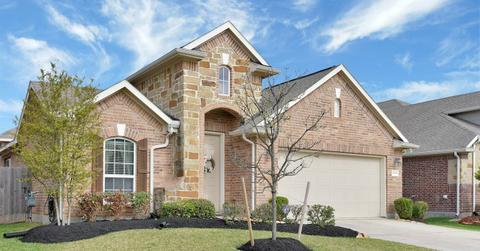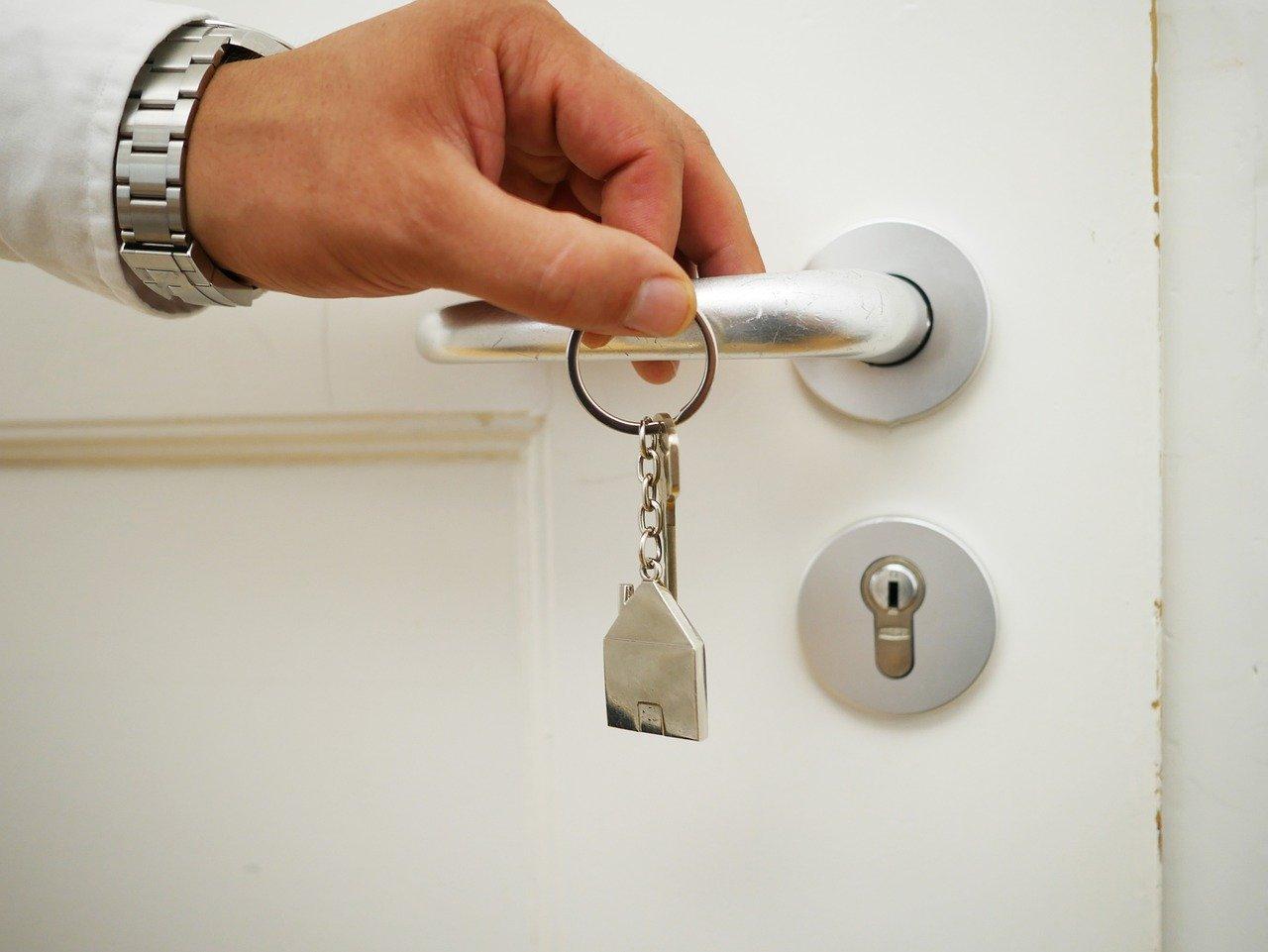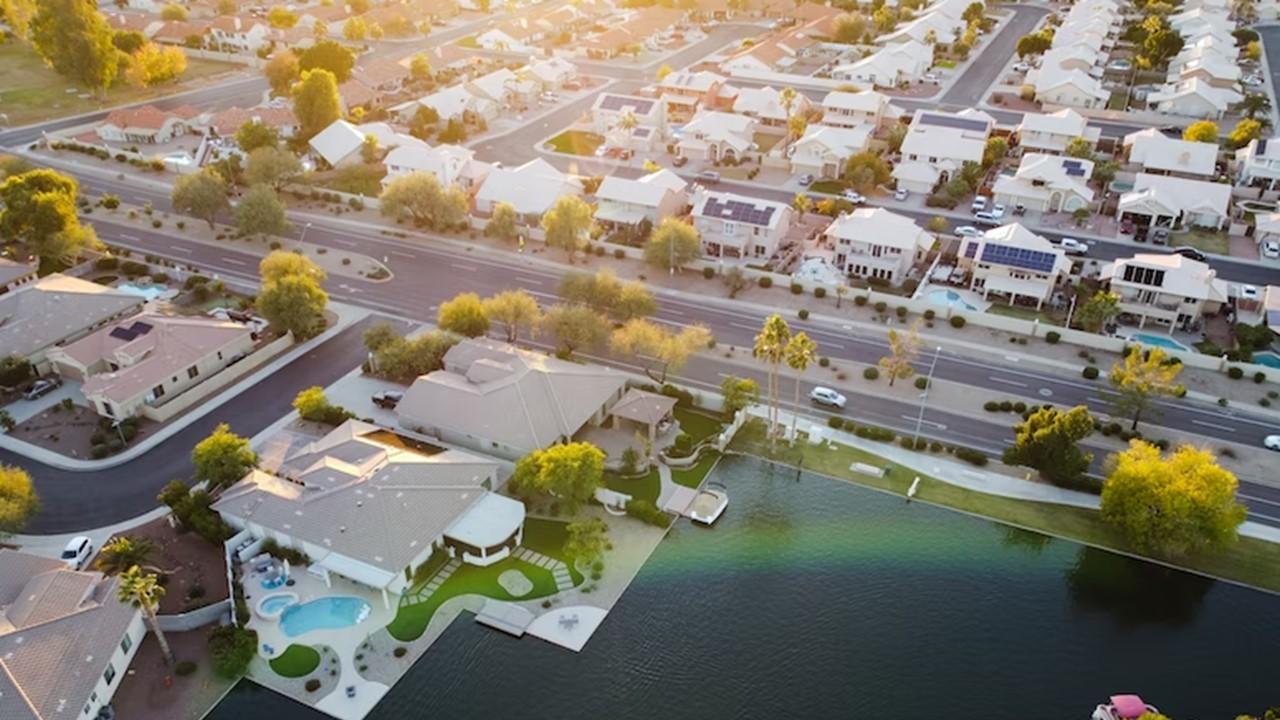Don’t Wait for the Housing Market Crash, It Might Not Happen
As the housing market has started cooling, many people are wondering when the housing market is expected to crash. The crash might not happen.
Aug. 18 2022, Published 11:31 a.m. ET

The U.S. housing market remained red hot for the last two years. Recently, it has started showing signs of weakness. As the U.S. economy is also cooling down and the odds of a recession are rising, people have speculated whether the housing market could also crash. When is the housing market expected to crash?
The housing market stayed strong on the back of historically low interest rates as well as lower housing inventory. Now, due to high inflation rates, the Fed is being forced to raise rates. This is causing mortgage rates to rise, which impacts housing affordability.
Is there a parallel between the current and the 2006–2008 housing market?
Many people are trying to draw a parallel between the current U.S. housing market and the one in 2006, just before the housing bubble burst. However, there are many fundamental differences between the two markets, which has led many experts to believe that a housing crash might not be imminent.

First, the 2006 housing bubble formed because of loose lending practices followed by banks at the time. Innovative products such as subprime loans also created a frenzy of mortgage lending that most people couldn't pay back, which led to mortgage delinquencies and foreclosures.
This time around, the market has learned its lesson and the lending practices have been tightened to a great extent along with a change in banking regulations. As per the Federal Reserve Bank of New York, the typical credit score for mortgage borrowers in the third and fourth quarters of 2021 stood at a record high 786.
The housing inventory remains low.
Another factor that triggered a collapse last time was the overbuilding of homes. There was no real demand that could meet the burgeoning supply. Most of the demand was speculative as people were in the housing market for investment rather than buying a home to live in.
The situation is almost the exact opposite currently. The housing inventory remains quite low even as demand remains strong. The demand for homes this time is genuine as a whole new segment of buyers has entered the market. According to the National Association of Realtors, there was just a 2.4-month supply of homes for sale in September 2021, which declined to just 2.0 months in February.

Market experts don’t see a housing crash as a likely outcome.
Many market experts don't expect there to be a housing crash. According to Daryl Fairweather, chief economist at Redfin, “There’s not really any room for there to be a bubble right now. It’s not like people have borrowed too much and it’s not like homes are overvalued.”
However, the reality is that housing prices are under pressure and we are most definitely seeing signs of a slowdown. As per the latest report from the National Association of Home Builders (NAHB) and Wells Fargo, the U.S. homebuilder sentiment dipped into the negative territory in August and has been declining for the last eight months. However, this was attributable to the Fed’s tight monetary policy and high construction input costs. Therefore, the fundamentals behind the current housing market seem genuine and a crash doesn’t seem as likely.
